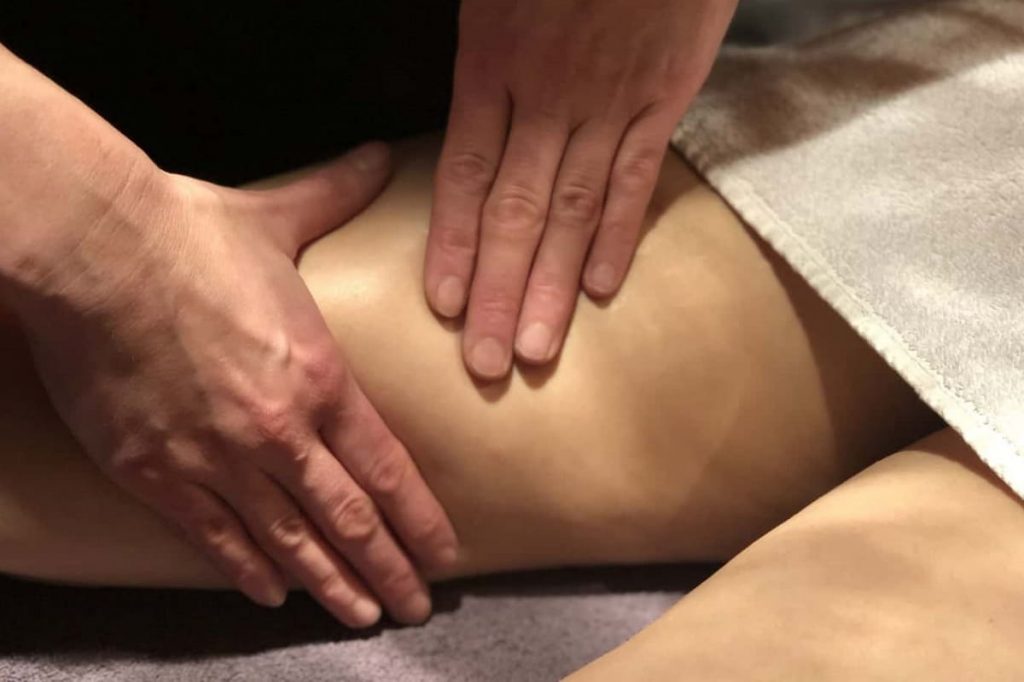5 Health Conditions That Massage Therapy Can Help

Massage therapy is not only a luxurious indulgence but also a therapeutic practice that offers numerous health benefits. Beyond relaxation, its healing touch can address various health conditions, providing relief and improving overall well-being. Let’s delve into five prevalent health conditions where massage therapy has shown promising results in alleviating symptoms and enhancing quality of life.
1. Chronic Pain Management
Chronic pain affects millions worldwide, hindering daily activities and impacting mental health. Massage therapy emerges as a non-invasive, drug-free approach to manage chronic pain conditions such as arthritis, fibromyalgia, and lower back pain. Techniques like deep tissue massage, myofascial release, and trigger point therapy help relax muscles, increase blood flow, and alleviate pain by targeting specific areas of discomfort.
Research studies have demonstrated the effectiveness of massage in reducing pain intensity and improving mobility, offering individuals relief from persistent discomfort.
2. Stress and Anxiety Reduction
In today’s fast-paced world, stress and anxiety have become prevalent challenges affecting mental and physical health. Massage therapy serves as a potent tool for stress reduction and relaxation. The gentle strokes and rhythmic movements during a massage session promote the release of endorphins, reducing stress hormones like cortisol and fostering a sense of calmness and relaxation.
Regular massage sessions have shown to lower anxiety levels, improve mood, and enhance overall mental well-being, making it an effective complementary therapy for managing stress-related conditions.
3. Improved Sleep Quality
Quality sleep is essential for optimal health, yet many struggle with sleep disorders like insomnia or restless sleep. Massage therapy aids in improving sleep patterns by promoting relaxation and reducing stress, two significant contributors to sleep disturbances.
The relaxation induced by massage triggers the parasympathetic nervous system, helping individuals achieve a deeper and more restful sleep. Studies suggest that regular massage sessions can positively impact sleep quality, duration, and overall sleep satisfaction.
4. Enhanced Circulation and Rehabilitation
Massage therapy stimulates blood flow, aiding in improved circulation throughout the body. This enhanced circulation facilitates the delivery of oxygen and nutrients to tissues and muscles, aiding in their repair and recovery.
For individuals recovering from injuries or surgeries, therapeutic massage accelerates rehabilitation by reducing scar tissue formation, easing muscle stiffness, and improving flexibility. Techniques like lymphatic drainage massage can also help reduce swelling and enhance the body’s natural healing process.
5. Relief for Headaches and Migraines
Headaches and migraines can be debilitating, significantly impacting daily life. Massage therapy offers relief by easing muscle tension, relaxing the body, and alleviating headache-related discomfort.
Focused massage techniques targeting the head, neck, and shoulder areas have shown promising results in reducing the frequency, intensity, and duration of headaches and migraines. Regular massage sessions can also help prevent the onset of tension headaches by addressing underlying muscular tension.
Conclusion
Massage therapy extends beyond mere relaxation; it serves as a holistic approach to addressing various health conditions. From managing chronic pain and reducing stress to improving sleep quality, enhancing circulation, and relieving headaches, its therapeutic benefits are wide-ranging and well-documented.
For those seeking natural and complementary methods to alleviate health issues, incorporating massage therapy into a wellness routine can be a transformative step towards improved health and overall well-being. Always consult with a qualified massage therapist or healthcare professional to determine the most suitable approach for your individual health needs.

